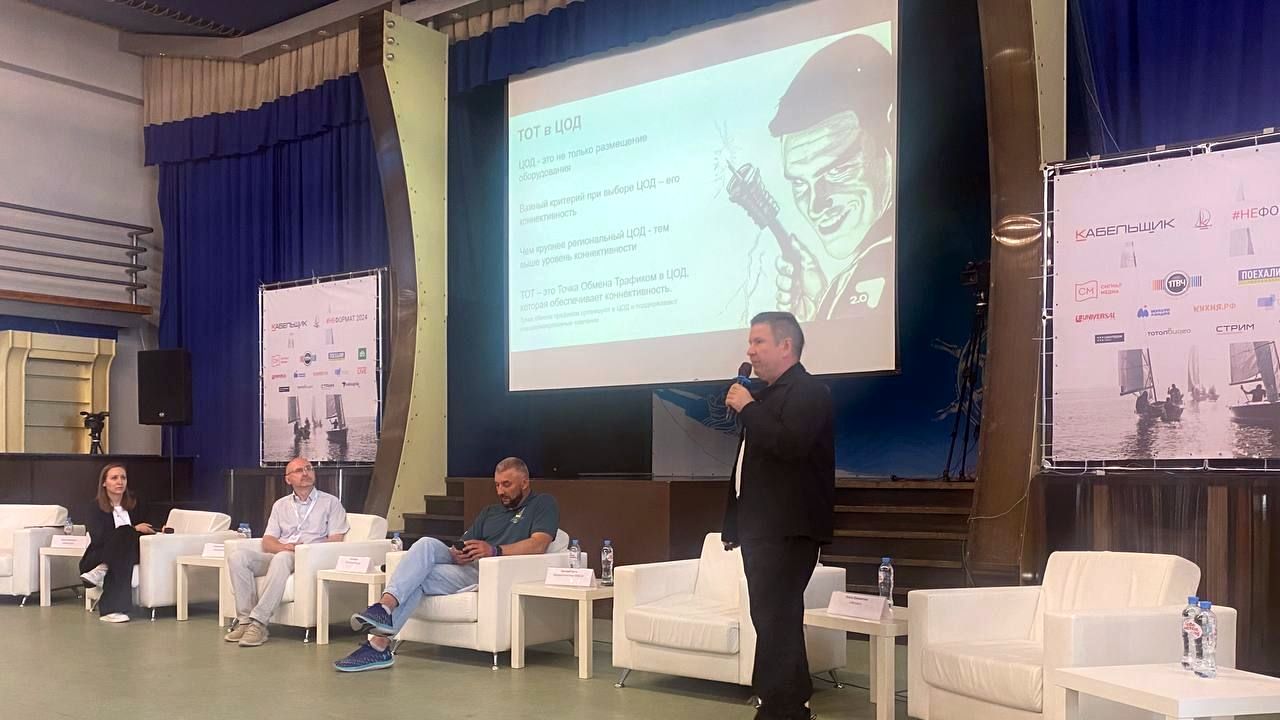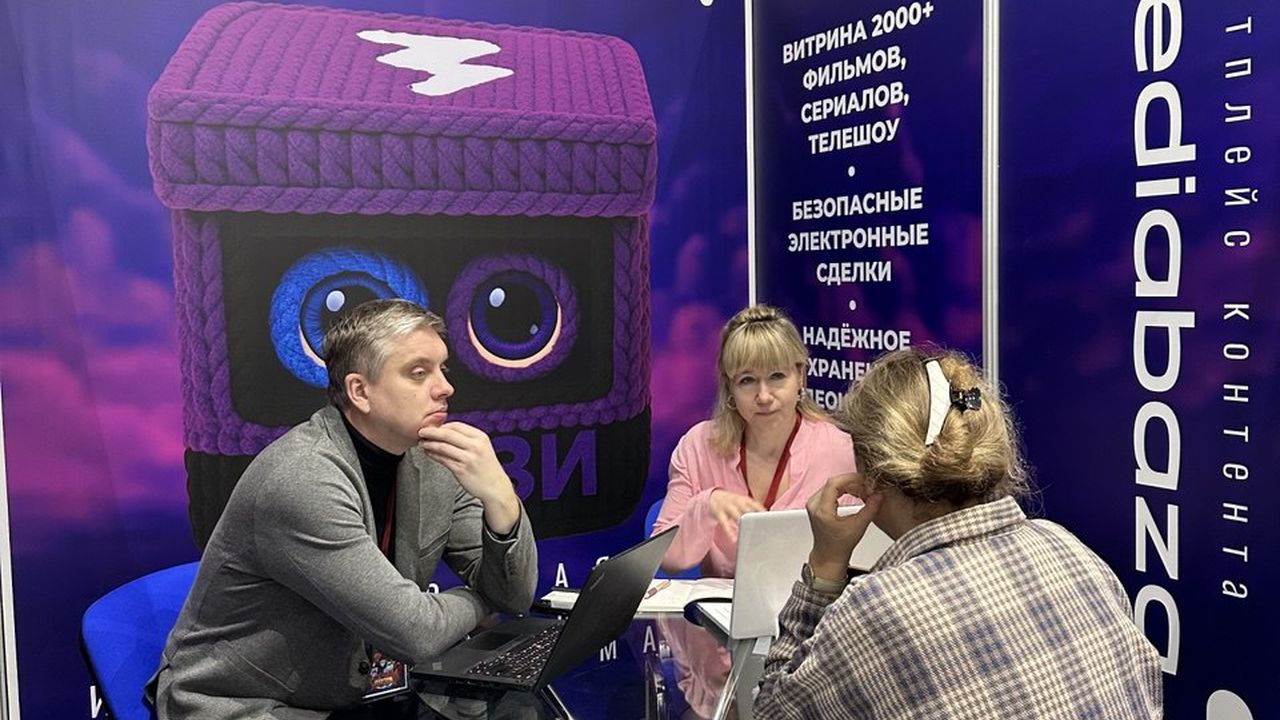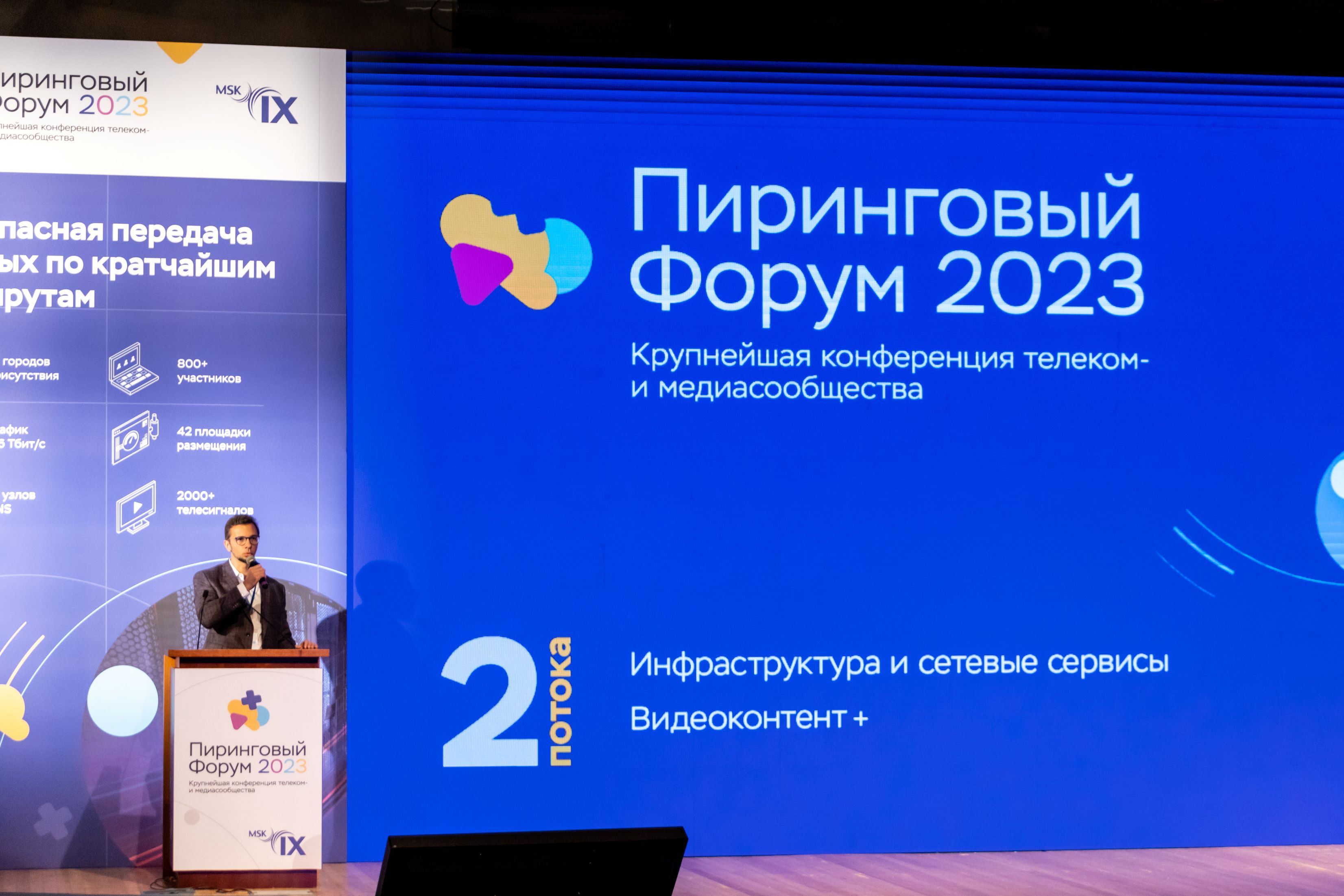DPC logistics 101: How to choose the right data center

This year, I took part in an unusual session of the Cableman #NEFORMAT industry event dedicated to the development of the Russian data center market. While accepting the organizers’ invitation, I realized that I can finally share the secret behind the success of the Medialogistika TV channel delivery platform, which was created seven years ago and evolved last year into Medialogistika 2.0, a joint project by MSK-IX and Synterra Media. Data center logistics is the secret! But I will not get ahead of myself; first things first.
I will begin with statistics. Several days ago, the Digital Economy autonomous non-profit organization presented its White Book of the Digital Economy, which names data centers as a crucial element of today’s IT infrastructure. According to the document’s authors, the capacity of Russian data centers last year amounted to 70,300 rack spaces, or 12,000 racks more than in 2022. Of those, 76 percent are located in Moscow, 11 percent in St. Petersburg, and the rest operate in other regions of the country. Meanwhile, iKS-Consulting analysts predict further market growth, noting that the number of rack spaces in Russian data centers will reach 83,800 by the end of 2024.
So, what is DPC logistics?
This is the skill to choose the right data processing center (DPC). Many operators, when choosing one, focus on such factors as power supply, cost, and other standard parameters. However, they should not forget about connectivity, because it directly affects service efficiency.
Why is the DPC connectivity so important? Let’s say you want to launch a project that would be available not just in your region, but in several ones at once, or even all across Russia. In this case, you need a data center connected with other ones in various regions. Otherwise, your users will face signal delays and crashes. Thus, the first type of connectivity – of which there are three, according to my classification – is connectivity between data centers, which is necessary for geographically distributed projects.
The second type is Cloud Connect, or connectivity with cloud services. This one is relevant for companies that actively use cloud services in their business processes, such as services for videoconferences, document management systems, or some specific cloud platforms. Cloud Connect allows for working with them in a fast and secure way through a direct, dedicated connection that ensures maximum reliability.
The third type of connectivity allows for connecting to a wide scope of additional services at a data center, such as access to an exchange point (IX), protection against DDoS attacks, and a media content delivery platform.
Choosing a data center with good connectivity
As a rule, the larger the DPC, the better its connectivity as the connectivity service is most often provided by specialized companies, such as traffic exchange points, rather than data centers. These companies choose major Moscow-based and regional DPCs, which already have well-developed infrastructure, unlike mini, micro, and nano data centers.
When choosing a data center for installing your equipment, study the map of its connections to find out about other data centers, clouds and additional services it connects to. Compare connection prices. Read other customers’ reviews to see whether they are satisfied with connectivity their data center provides.
Medialogistika’s secret
Finally, I got to the point I spoke about at the very beginning: the secret behind Medialogistika’s success. When I was creating Medialogistika seven years ago, I analyzed the needs of my clients, regional cable operators. I saw that they needed to go to data processing centers to place their equipment there – while in order to get TV channels they had to approach the Russian Television and Radio Broadcasting Network (RTRN), or even satellite providers. And I thought, if an operator still needs to go to a data center, why not receive TV channels there in a single-window format? So, we set up the first Medialogistika connection points at the country’s largest data centers.
The results are best shown by the project’s statistics. Today, 73 percent of connections to the Medialogistika 2.0 platform are made at Moscow data centers, 20 percent at regional ones, 4 percent through the public internet, and another 3 percent through the RTRN.
As you see, these numbers correlate well with the data in the White Book of the Digital Economy. I will add that these 3 percent of RTRN connections should not be misleading: this option has only appeared this year, which is later than others, so it has huge potential for growth.
Conclusion
DPC logistics is an important tool for optimizing your business. By choosing the right data center and keeping in mind all of the three connectivity aspects, you will improve the speed, reliability and security of your data, as well as significantly expand the range of additional services. All this will boost your project’s success, its attractiveness for clients, and ultimately, their loyalty and your revenues.






